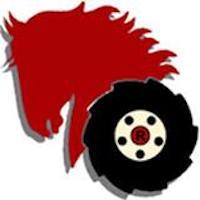So my wheelhorse has been running fine until tonight. Jumped off with engine running just above idle. Heard a “puff” and “bang” sound. Continued to run very rough and vibrated hard. Shut it off. Started twice with choke on but only ran for a few seconds. Won’t start at all now.
Amy small engine advice here?
Amy small engine advice here?



